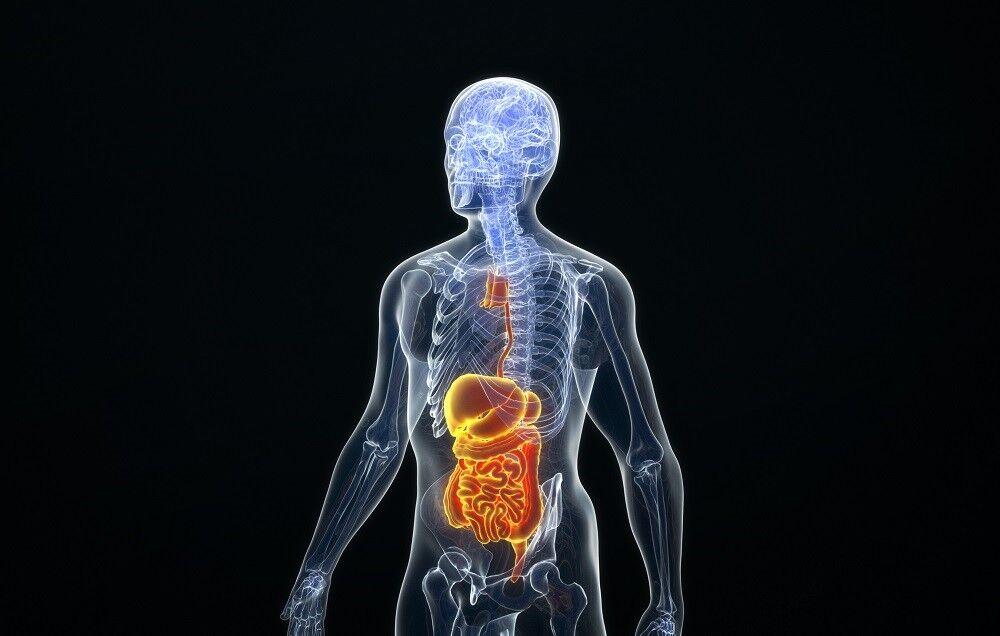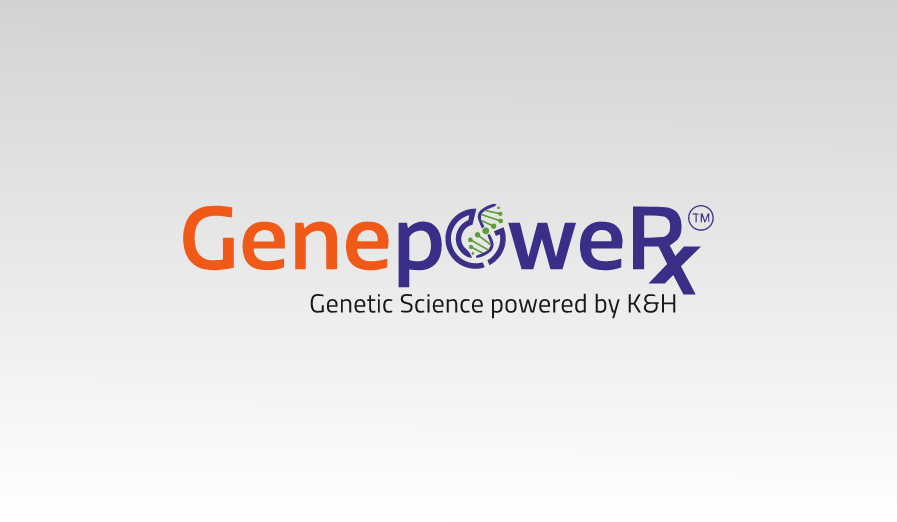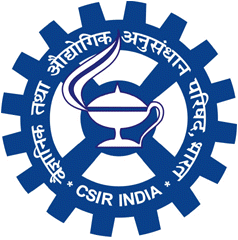Treatments Focus
Risk of End-organ Damage

End organ damage refers to the damage to major organs connected by the circulatory system such as the heart, kidneys, brain and eyes. This damage can due to conditions that include uncontrolled hypertension (high blood pressure), hypotension (low blood pressure), or hypovolemia (condition where your body loses fluids like blood or water that keep your organs functioning).
End-organ damage is mostly seen in hypertensive patients, especially in the older patients.
HYPERTENSION
It is a condition in which blood vessels have persistently raised pressure. Uncontrolled blood pressure (BP) can sometime reach to hypertensive urgency (elevated BP with no target organ damage) and hypertensive emergency – a condition which often results in elevated BP with target organ damage.
SYMPTOMS
Symptoms vary depending on the condition that induced end organ damage.
Some of the symptoms of hypertension-induced end-organ damage are particular to different organs. These include:
- Heart (Cardiovascular) damage: hypertensive encephalopathy, cerebrovascular accidents
- Brain function: hemorrhagic stroke, confusion, loss of consciousness, seizures, transient ischemic attack, etc.
- Kidney: renal dysfunction, presence of protein in the urine, hypertensive renal nephropathy, acute renal failure
- Eye: hypertensive retinopathy, blindness, retinal hemorrhage, papilledema (swelling of optic nerve)
- Peripheral arteries (a condition that causes reduced blood flow to the arms or legs): peripheral vascular disease and chronic limb ischemia
HYPOVOLEMIC SHOCK
This is a life threatening condition where one loses more than 15% of body fluids and this affects your heart function.
SYMPTOMS OF HYPOVOLEMIA SHOCK
Symptoms of hypovolemic shock vary with severity of the fluid loss. There are 1 to 4 classes of severity stages.
General symptoms include:
- Thirst
- Muscle cramp
- Drop in blood pressure
- Poor blood circulation
Examples of severe symptoms include:
- Little or no urine output
- Rapid heart beat
- Internal or external bleeding from the body
- Mental instability (confusion)
- Blue lips or fingernails
- Weakness
Severe fluid loss makes it extremely difficult for the heart to pump and circulate throughout the body. As this fluid loss increases, hypovelmic shock can lead to organ failure.
DIAGNOSIS
Diagnosis is done by observing any of the above mentioned symptoms pertained to a single organ. Physical examination and some of the lab tests such as Glomerular Filtration Rate (GFR) test, echocardiogram screening, CT scan, etc. also help in diagnosing this.
In case of hypertension, the evidence of the end-organ damage can be clearly seen in the reports and body function including impaired cognitive abilities.
These can be seen in the following organs:
- Kidney: poor urine output and low glomerular filtration rate
- Skin: pallor or mottled appearance, capillary refill, cool limbs
- Brain: altered consciousness meaning the person has difficulty in perceiving time, person or place.
TREATMENT
Treatment if end organ damage due to hypertension mainly aim to reduce blood pressure and bring it to risk free range.
In case of hypovolemic shock, treatment consists of:
- Controlling fluid and blood loss
- Replacing the fluid loss
- Treatment of injury or illness caused by shock
Sometimes treatments include:
- Platelet transfusion
- Blood plasma transfusion
- Medications that increase heart rate
- Antibiotics to prevent septic shock and bacterial infections
Dizziness or lightheadedness, or unsteadiness
Nausea
Vomiting
Headache
FAQ's :
References:
End organ damage. Science direct. https://www.sciencedirect.com/topics/medicine-and-dentistry/end-organ-damage
Accessed on 22-06-2022
- What end-organ damage may occur during a hypertensive emergency? MedScape. https://www.medscape.com/answers/241381-7577/what-end-organ-damage-may-occur-during-a-hypertensive-emergency
Accessed on 22-06-2022
- Creatinine clearance and signs of end-organ damage in primary hypertension. Journal of human hypertension. https://www.nature.com/articles/1001689
Accessed on 22-06-2022
- Genetics of Hypertension, Target-Organ Complications, and Response to Therapy. Circulation. American Heart Asociation. https://www.ahajournals.org/doi/10.1161/circ.102.suppl_4.IV-40
Accessed on 22-06-2022
Related Articles
Book an Appointment to understand how GenepoweRx can help you in treating
Risk of End-organ Damage
Meet The Doctors
Dr Kalyan Uppaluri
Dr Hima Challa
Your genetics … Your Test ... Your Health Success
It’s always the word of mouth that’s the best advice. Here are some of our…


Our Partners






Professional Partnerships
Government Association

